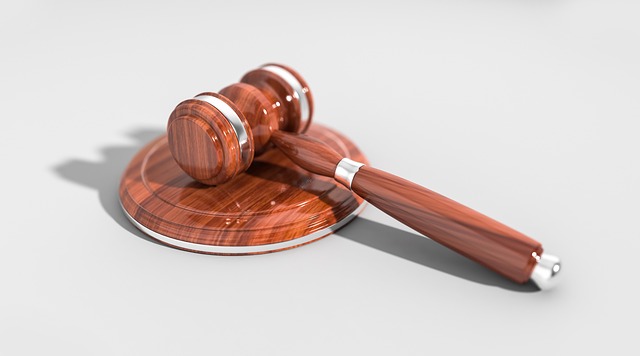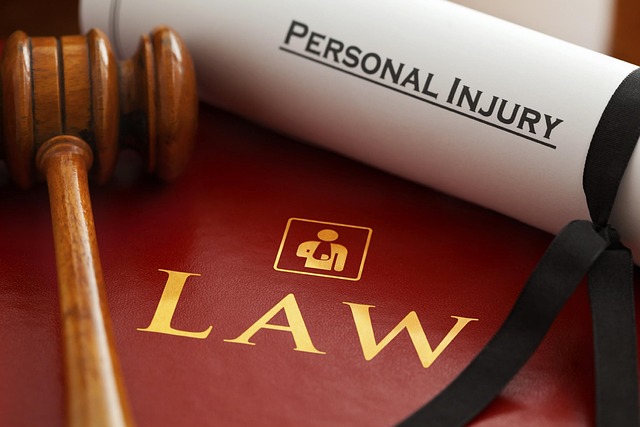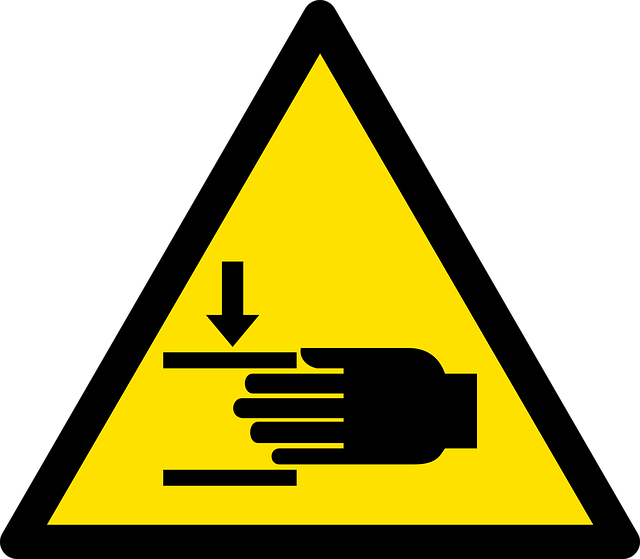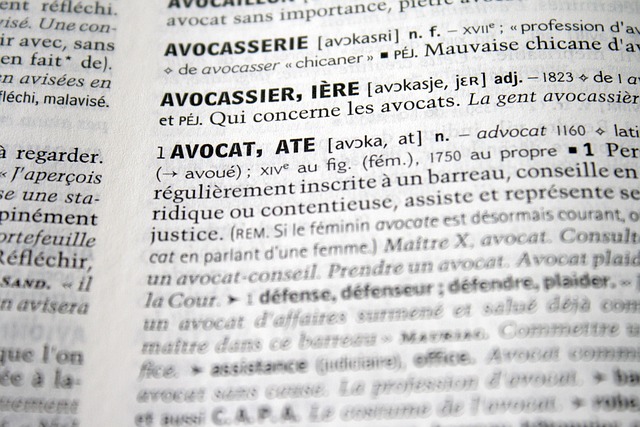Pedestrian accident insurance claims require specialized legal knowledge to navigate. Insurance companies assess injury severity, cause (negligence or hazardous conditions), and claimant credibility. Medical records are crucial for damages determination. Pedestrians should prioritize safety, document incidents, communicate clearly with insurers, and understand fault assessment factors for a smooth process and fair compensation.
When a pedestrian is involved in an accident, understanding how insurance companies evaluate their claims is crucial. This article delves into the intricacies of pedestrian accident insurance claims, offering insights into the process and key factors insurers consider. From recognizing the unique challenges faced by pedestrians to navigating the claims process, this guide equips you with essential knowledge. Learn how insurance assessors determine liability, understand the documents required, and discover best practices for a smoother claims journey.
- Understanding Pedestrian Accident Insurance Claims
- Factors Insurance Companies Consider in Evaluations
- Navigating the Claims Process for Pedestrians
Understanding Pedestrian Accident Insurance Claims

Pedestrian accident insurance claims are a specialized area within personal injury law. When a pedestrian is injured due to another party’s negligence, such as a driver who fails to yield or runs a red light, they may be entitled to compensation. Understanding this process involves grasping key concepts like liability determination, damage assessment, and the role of medical records in substantiating claims.
Insurance companies carefully evaluate these claims, considering factors ranging from the severity of injuries (which can include physical pain, disability, and emotional distress) to economic losses, such as medical malpractice expenses, lost wages claim, and potential future earnings impact. An accident attorney plays a crucial role in navigating this complex landscape, ensuring that pedestrians receive fair and just compensation for their suffering and financial burden.
Factors Insurance Companies Consider in Evaluations

When evaluating a pedestrian accident insurance claim, several crucial factors come into play. Insurance companies meticulously assess the circumstances surrounding the incident to determine liability and the extent of compensation. Key considerations include the severity of injuries sustained by the pedestrian, as well as the nature and cause of the accident—was it due to a vehicle’s negligence or a hazardous condition on the premises? Medical records play a significant role in establishing the extent of damages; these documents detail injuries, treatment provided, and potential long-term effects.
Furthermore, insurance assessors will consider the pedestrian’s contribution to the accident, if any, through their own negligence, such as not looking both ways before crossing. They may also look into the claimant’s credibility by verifying employment records, previous claims history, and statements from witnesses or law enforcement. The goal is to accurately assess fault and provide fair compensation for medical expenses, loss of income, and pain and suffering, ensuring a just outcome for all parties involved, regardless if it’s a pedestrian, vehicle driver, or property owner—a far cry from cases of medical malpractice or slip and fall incidents where liability may be more complex.
Navigating the Claims Process for Pedestrians

Navigating the claims process after a pedestrian accident can be daunting, especially for those unfamiliar with insurance procedures. The first step for pedestrians involved in an accident is to ensure their safety and seek any necessary medical attention. Once stable, they should document the incident by taking photos of the scene, noting the time and location, and gathering contact details from anyone involved, including drivers and witnesses.
Submitting a pedestrian accident insurance claim involves communicating with the insurer, providing detailed accounts of the event, and furnishing relevant evidence like police reports, medical records, and photographs. It’s crucial to understand that insurance companies may assess fault in such cases, examining factors like traffic signals, pedestrian crossings, and any contributing circumstances, such as slip and fall injuries caused by hazardous conditions. Timely communication with your insurer and thorough documentation are key to ensuring a smooth claims process and securing the car accident compensation you deserve.
Pedestrian accident insurance claims require a thorough understanding of both the incident and the involved parties’ circumstances. By examining factors like liability, medical expenses, and loss of income, insurance companies assess fair compensation. Navigating the claims process involves documenting evidence, communicating with insurers, and understanding legal rights, ensuring pedestrians receive adequate support during challenging times. When presenting a pedestrian accident insurance claim, knowing these considerations can significantly impact the outcome.






